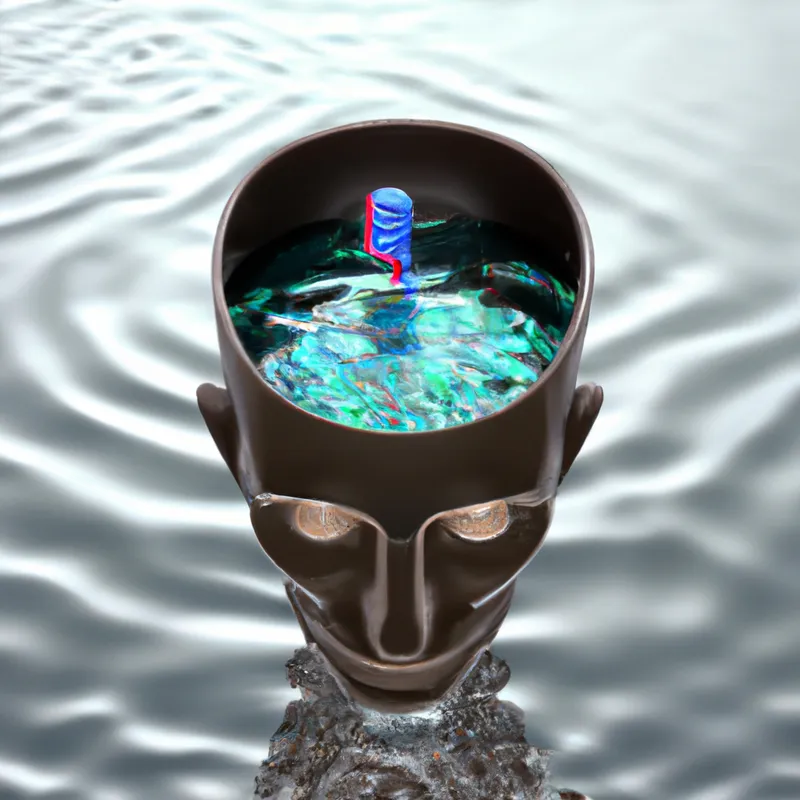Experience Cold Immersion and Elevate Well-Being
The Mental Health Benefits of Cold Water Immersion
Cold water immersion boosts mental health and well-being significantly. Many individuals report relief from anxiety, depression, and stress through this practice. What makes cold water immersion beneficial for mental health? This article explores the mental health benefits, offers practical tips for beginners, and provides advice on safely incorporating this practice into your routine.
Understanding Cold Water Immersion
Cold water immersion involves submerging your body in water below 60°F (15°C). You can achieve this through ice baths, chilly ocean swims, or cold showers. Research shows that cold exposure triggers various physiological and psychological responses. Cold exposure activates your sympathetic nervous system, leading to a surge of adrenaline and norepinephrine. This response creates an invigorating effect, making you feel alert and energized.
Additionally, cold water immersion encourages endorphin release. Endorphins are natural chemicals that promote happiness and well-being. This combination of responses contributes to the mental health benefits of cold water immersion.
Tips for Beginners
If you’re new to cold water immersion, start gradually. Here are tips to help you ease into the practice:
1. Begin with Cold Showers
Starting with cold showers offers an excellent introduction. Gradually decrease the water temperature each day to acclimate your body. Aim for a few minutes initially, then increase the duration as you gain comfort.
2. Find a Safe Location
For outdoor immersion, locate a safe spot, such as a lake or ocean. Always check the water temperature before diving in. Never attempt this alone, especially in extreme weather. Having a friend or partner enhances safety and provides moral support.
3. Listen to Your Body
Pay attention to your body during immersion. Exit the water immediately if you feel numb, excessively uncomfortable, or experience panic. Honor your limits while still challenging yourself. Everyone’s tolerance to cold water varies.
4. Set Realistic Goals
Set achievable goals for your cold water immersion practice. Whether it’s duration, frequency, or specific locations, clear objectives help maintain motivation and commitment.
The Benefits for Mental Health
Cold water immersion offers numerous mental health benefits. Below are some significant advantages:
1. Reduces Stress and Anxiety
The shock of cold water helps reduce stress levels. Immersing yourself in cold water shifts your focus away from daily worries. This attention shift decreases anxiety and promotes calmness.
Conclusion
Cold water immersion provides valuable mental health benefits. It reduces stress, enhances well-being, and fosters resilience.
Below are related products based on this post:
FAQ
What is cold water immersion and how does it benefit mental health?
Cold water immersion involves submerging your body in water below 60°F (15°C), such as ice baths or cold showers. This practice benefits mental health by triggering physiological responses that activate the sympathetic nervous system, leading to increased adrenaline and norepinephrine levels. These responses can create a sense of alertness and energy while also promoting the release of endorphins, which enhance happiness and well-being.
What tips should beginners follow when starting cold water immersion?
Beginners should start gradually by beginning with cold showers and progressively lowering the temperature. It’s important to find a safe location for outdoor immersions and to never go alone, especially in extreme conditions. Listening to your body is crucial; exit the water if you feel uncomfortable or panicked. Additionally, setting realistic goals for your practice can help maintain motivation.
How does cold water immersion reduce stress and anxiety?
The shock of cold water immersion helps to shift your focus away from daily worries and stressors, leading to a decrease in anxiety levels. This shift in attention promotes a sense of calmness, allowing individuals to manage stress more effectively and enhance their overall mental well-being.















Post Comment